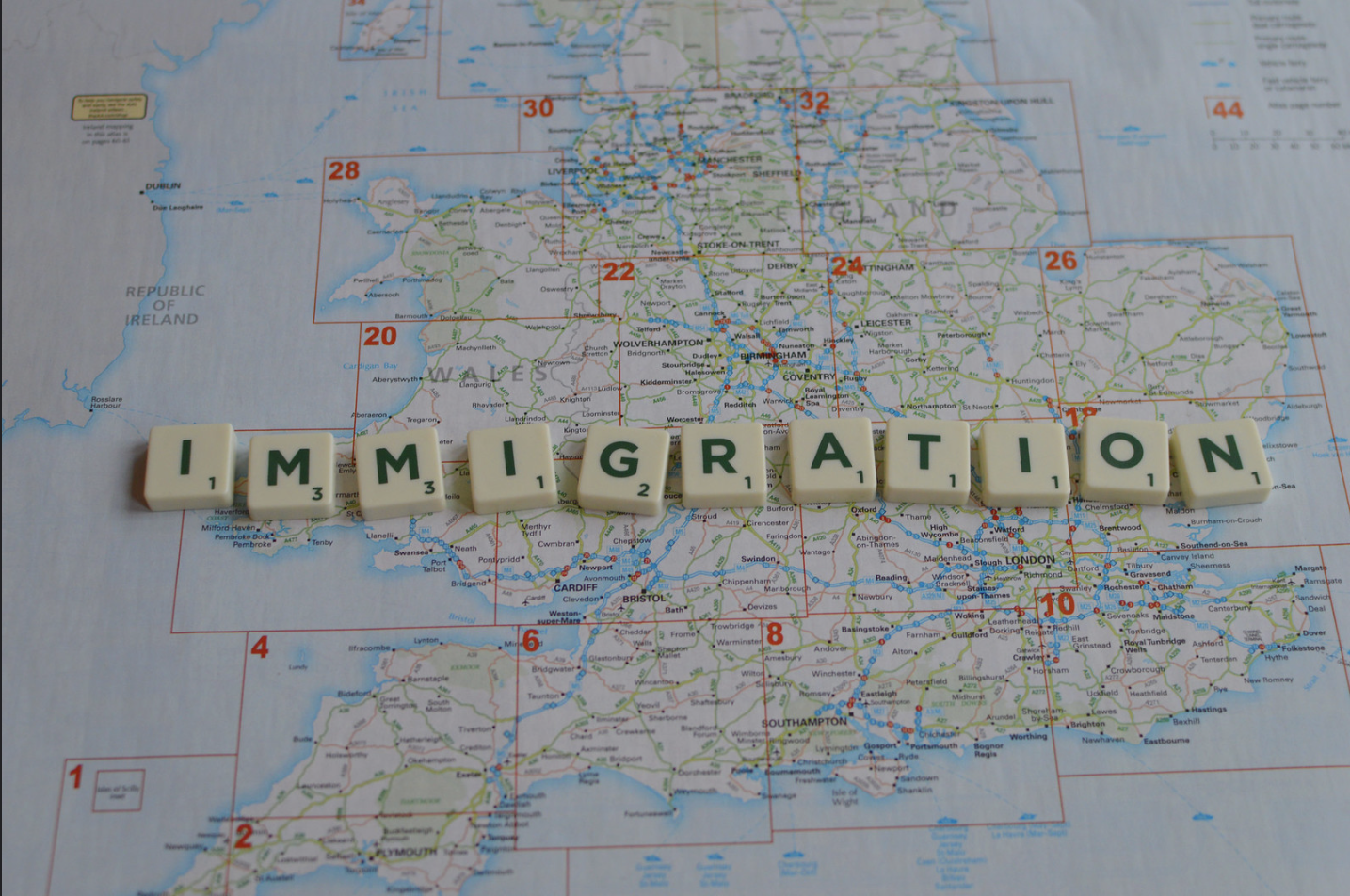
Immigration into the UK has been a subject of much controversy amongst both the government and its citizens. The basis of the arguments for and against immigration are that on the one hand, immigration means there will be a higher in-flow of workers, a positive effect given the arguably lacking workforce in the UK, one of the after-effects of Brexit. On the other hand, however, there has been a recent clamour by local citizens about the dilution of British culture due to the number of immigrants obtaining permanent residency. The Home Secretary, James Cleverly, announced major revisions to the Immigration Rules on Monday, December 4, 2023 which are set to take effect in the Spring of 2024. Record levels of immigration to the UK have prompted these changes, which the Home Office says will result in the biggest clampdown on UK migration ever, as well as a crackdown on cut-price labour from overseas. According to the government, by making it more difficult to hire people from abroad, the government is prioritising growing the UK’s domestic workforce.
The proposed changes are detailed in summary: minimum salary for skilled workers to increase from £26,200 to £38,700, The Shortage Occupation List is to be reviewed and the 20% discount is to be scrapped, the route to obtaining a graduate visa is to be reviewed and perhaps even abolished, care workers will no longer be able to sponsor dependents, and finally for individuals wishing to sponsor family to join them in the UK the minimum income threshold will be increasing from £18,600 to £38,700.
According to the government, these new adjustments will result in a 300,000 decrease in net migration. The issue at hand pertains to the persistent scarcity of jobs across a multitude of industries, which is not limited to the United Kingdom; the G7 countries are also facing this problem. Many other G7 countries are changing their regulations to facilitate the entry of skilled workers, with Germany, for example, taking the opposite approach to the UK and recently changing its immigration laws to make entering Germany as a resident much easier.
Is this beneficial to controlling the amount of people into the UK? Or is it an unnecessary unwelcome to immigrants wanting residency in the UK? Only time will tell, and discussion over this controversy will no doubt only grow with the approach of Spring 2024 and the subsequent implementation of these new immigration regulations.
Image: Immigration by Jeff Djevdet // CC BY 2.0



Average Rating